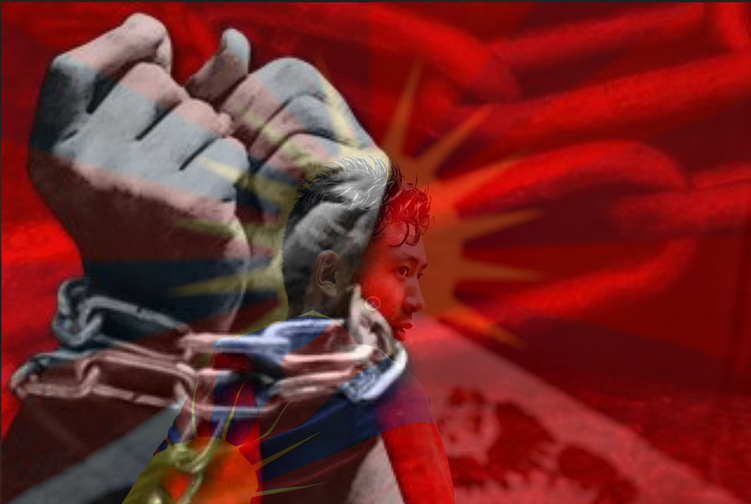
(TibetanReview.net, Aug18, 2018) – Rather than answering the questions, China has on Aug 13 questioned the questions, those who asked them and the authors of the reports on which some of those questions were based during the UN Committee on the Elimination of Racial Discrimination (CERD)’s hearing in Geneva on its report on the presumable efforts it had made to combat and eliminate racial discrimination in the country.
During its Aug 10 and 13 hearing, the CERD members questioned the Chinese delegation on Beijing’s efforts to eliminate racial discrimination in China in a wide-ranging session that included frequent references to human rights violations in Tibet.
China sought to sabotage the CERD session, its 96th, even before the hearing started, ensuring the removal from its website of evidence supplied by Free Tibet and its research partner Tibet Watch. The grounds for the removal were stated to be that the submission’s footnote referred to Tibet being invaded and occupied in 1950, and Free Tibet’s mission statement referring to China’s occupation of Tibet. These were eventually restored around Aug 8 after the groups spoke with each member of the CERD.
During the review hearing, experts asked China questions on a range of issues, based on China’s own report as well as on submissions of evidences by NGOs. In particular, Committee member Professor Verene Shepherd questioned China on the absence of Tibetan language in court proceedings in Tibet and the declining use of Tibetan in schools. She was reported to have asked the Chinese delegation of nearly 50 whether these measures did not contravene China’s own constitution, Article 4 of which expressly protects minority language rights.
Shepherd was also stated to have raised the case of Tashi Wangchuk, the Tibetan language rights advocate who was sentenced to five years in prison in May this year.
The Chinese delegation has accused “some members” of the Committee of calling some of what it called “unsubstantiated materials” submitted by NGOs “credible information”.
The Chinese representative was quoted as saying: “The committee has received certain materials which are from certain political organisations which openly deny China’s sovereignty and seek to split China […] they do not hide their intentions to split China. Certain organisations have forms of connections with terrorist organisations. Their so-called accusations carry obvious political intentions and are not consistent with the facts. If such materials are regarded as credible, we cannot help asking what is the basis for such judgements.”
Committee members were obviously not at all satisfied with China’s responses and attitude. Committee member Professor Gun Kut expressly said so, noting: “My overall sentiment … with all due respect …, is disappointment, because most of the answers were very defensive and basically were expressed in a way to reject some of the questions as baseless and uninformative. I’m sure the high-level and large delegation from China does not consider this body of experts believing in various lies and repeating them in a dialogue with yourselves. I am sure you didn’t come all the way from China to basically say that everything is OK and that there is not much to be done … I think we could have had a much better opportunity for a fruitful discussion.”
Noureddine Amir, the Chairperson, was stated to have thanked members of non-governmental organisations and civil society for being present at the review and for their interest in the dialogue.





